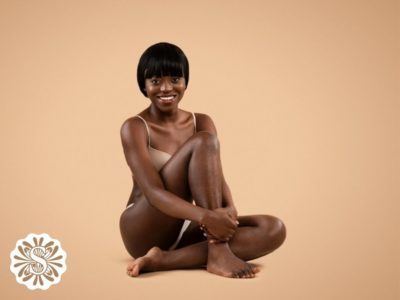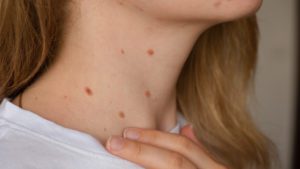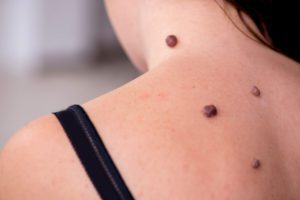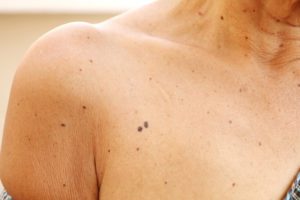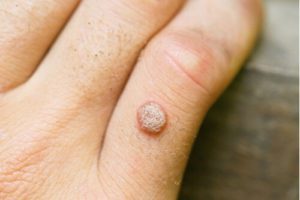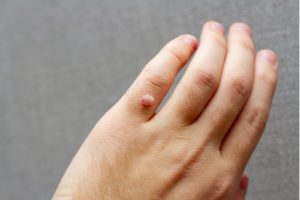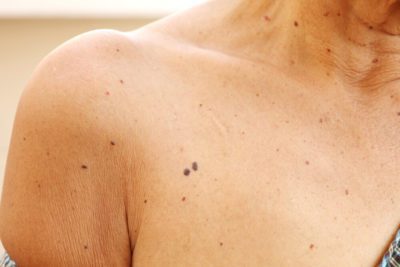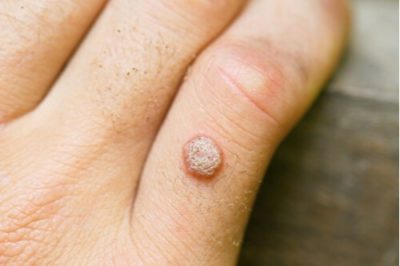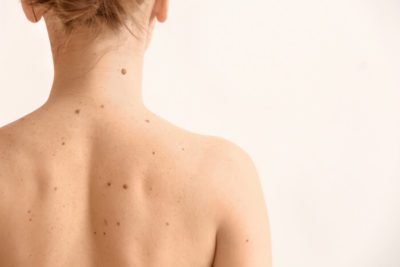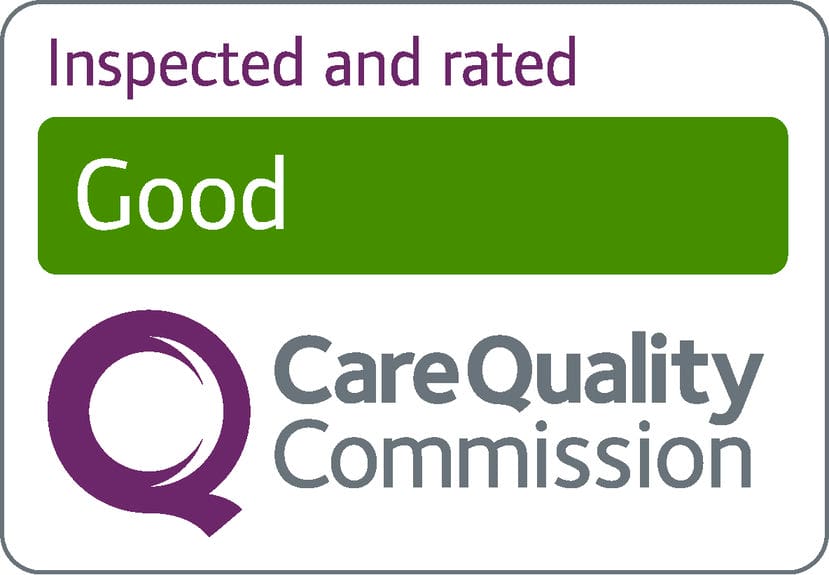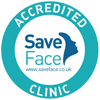Wart and Verruca Removal FAQs
What Are Warts and Verrucas?
Warts are common and are usually not harmful, but some people find them unsightly. Verrucas can be painful. Both are a form of a human papilloma-virus that your body’s immune system can’t always defeat on its own.
Warts can be contagious, but the risk of passing them on is low, requiring close skin-to-skin contact. There is a higher risk if the skin is damaged, wet, and macerated (for example, in swimming pools and communal washing areas).
Warts are skin growth where the skin thickens in a localised area. They are a common skin concern, that most of us will have at some point in our lives and they have nothing to do with being ‘dirty’.
Warts are caused by the human papillomavirus (HPV) which infects the topmost layers of your skin and can be passed on to other people by skin-to-skin contact or by touching surfaces that have infected skin cells on them. Luckily, warts don’t normally cause you problems, but we’re often embarrassed by their appearance, and they can be annoying if they catch on jewellery or clothes.
Genital warts can cause complications and should be assessed and treated ASAP; the first port of call should be a local NHS GUM clinic.
To minimize the risk of transmitting warts to others:
- Avoid sharing towels.
- When swimming, cover any wart or verruca with a waterproof plaster.
- If you have a verruca, wear flip-flops in communal shower rooms and avoid sharing shoes/socks.
- To decrease the likelihood of warts spreading to other areas of the body:
- Refrain from scratching warts.
- Avoid biting nails or sucking fingers that have warts.
- If you have a verruca, change socks daily.
Can Salicylic Acid Treat My Wart or Verruca?
To treat warts, purchase salicylic acid available at most pharmacies. Salicylic acid is one of the over-the-counter topical treatments available. It should not be applied to any areas of sensitive skin, or over skin lesions and it is not recommended during pregnancy. The acid doesn’t directly target the virus; instead, it eliminates a portion of the wart tissue, reducing the demands on the body’s natural healing process. Consequently, results can be quite unpredictable.
While one person’s wart or verruca might vanish within days after undergoing verruca removal treatments, another person with an identical-looking wart might require several weeks for it to disappear. Patience is crucial when opting for this treatment. Overall, salicylic acid treatments successfully treat around 75% of warts (British Medical Journal 2002; 235:461-4).
If your skin becomes irritated after use, you may have been rubbing too vigorously. Pause the treatment for a few days until the skin recuperates.
If you’ve used salicylic acid verruca treatments for three months without wart disappearance, consider trying other types of wart treatments. Consult one of our skin specialists for effective treatment options.
What is the Best Wart & Verruca Treatment?
Laser treatment. The Regenlite pulsed-dye laser helps to cut off the blood supply to the wart, so the tissue dies, and the hard, thick skin flattens off and starts to look normal again. Additionally, Regenlite stimulates the immune system, so clinical studies have shown, that often treating one wart when a person has multiplied can help resolve other untreated warts.
Minor surgery. There are a few surgical methods used, a common one used in our CQC registered minor ops theatre is curettage and cauterisation.
What Is Wart Removal?
Warts can disappear on their own if your immune system can fight the virus that is causing it. Nevertheless, it can take years for warts to go naturally, and many people choose to treat their warts because they don’t like how they look or the risk of spreading them and, in some cases, warts can be painful (warts that grow on your feet can feel like you’re walking on pebbles).
How To Maintain Healthy Skin?
As we age our skin naturally changes but it is frequently observed that darker skin does not wrinkle as early. Wrinkling does tend to occur later as the sun damage which drives it, is reduced. For many people with skin of colour, an uneven skin tone is the earliest skin issue. In cosmetic circles, people talk about sun damage and pigmentation but what most people care about is that their skin colour is uniform and scatters light in such a way that the skin looks healthy and glowing. In darker skin types, any type of irritation or inflammation heals with changes in pigmentation which can then be persistent.
Over-zealous exfoliation, over-drying and acne are all common causes. Of course, the underlying issues need to be addressed. There are preventative measures including topical retinoids antioxidant moisturisers with vitamins C and E, and sun protection. Superficial peeling treatments, such as glycolic and salicylic acid peels, are also worth considering. These gentle but effective treatments use enzymes to exfoliate and refresh dull-looking skin.
They also stimulate rejuvenation in the lower skin layers helping healthy skin. We would also suggest considering a Byonik® treatment which uses your individual pulse frequency to trigger laser light. This stimulates your skin at a cellular level allowing deep absorption of hyaluronic acid and antioxidants. Your skin will be able to reap the rejuvenating, anti-inflammatory benefits of two different laser lights; as a result, dormant skin cells are reactivated, and the skin looks brighter and fresher and need we say it – younger. This brilliant regenerative treatment also has the advantage of being suitable for all skin types.
Can You Remove Warts With Liquid Nitrogen?
We understand that waiting for warts to naturally go away might not be your preference. Fortunately, there are effective wart and verruca treatment options available for treating warts, liquid nitrogen included. Many people opt for over-the-counter treatments, which can be directly applied to the warts. This is often the initial choice for skin lesion removal due to its affordability. Feel free to consult your pharmacist for recommendations on the best options suited to your needs.
Alternatively, clinical treatments are also available to stimulate your body’s immune response and aid in fighting off the infection. These include freezing the wart using liquid nitrogen or utilizing a pulse dye laser treatment. Surgical removal is another possibility. At our esteemed skin clinic, we offer cryotherapy treatment through the pulse dye laser method or, if other treatments prove ineffective, through a curette procedure.
Clinical treatments have a proven track record of effectiveness. However, it’s crucial to note that warts might reappear even after treatment. Additionally, the treatment won’t prevent new warts from developing. This holds true for both over-the-counter wart treatments and professional interventions. Your comfort and well-being are our top priorities, and we’re here to guide you through the best choices for your unique situation.

